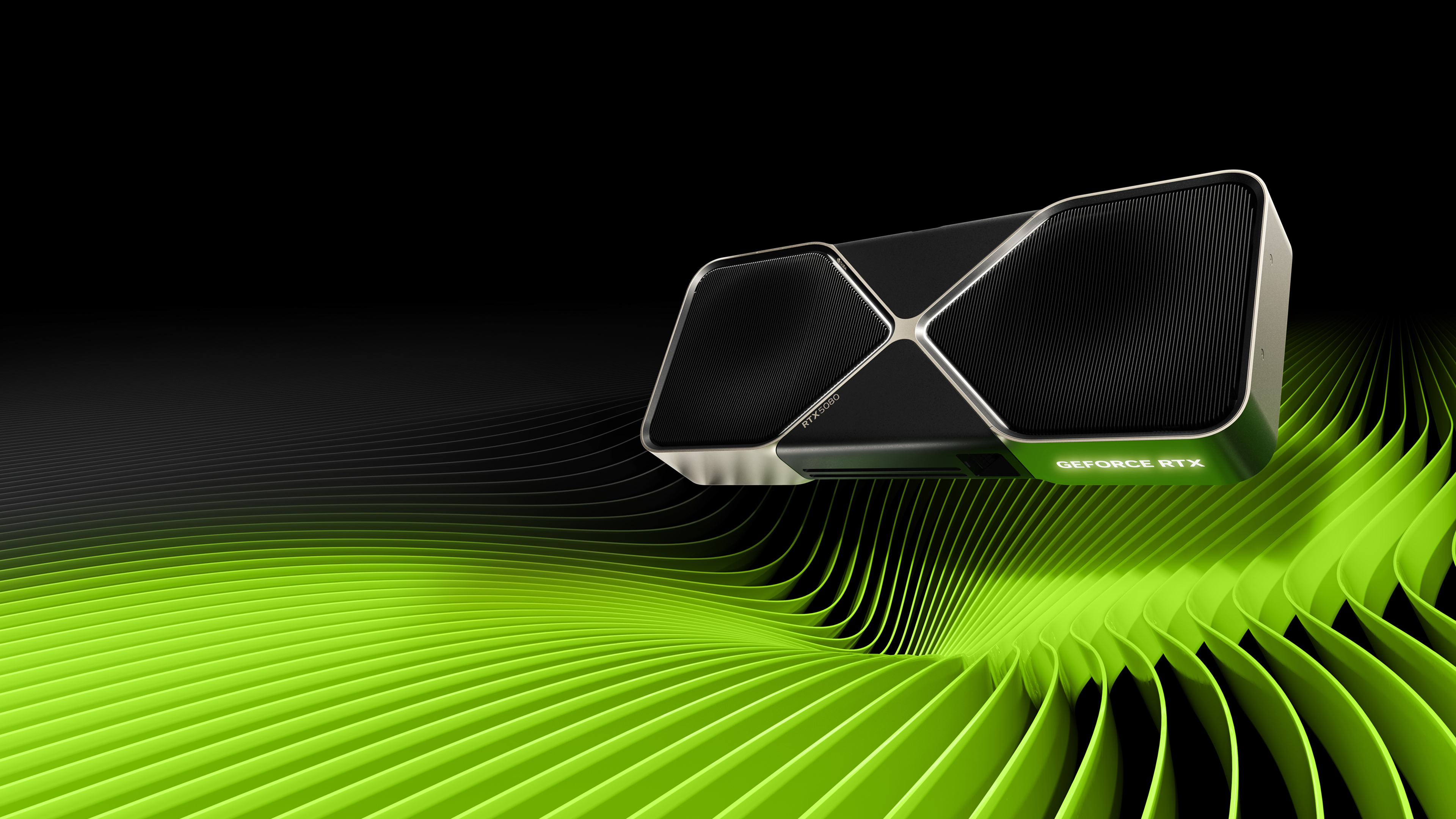Nvidia’s latest driver-based frame generation technology (RTX 50-series exclusive) now supports all three major gaming APIs. A user on theNvidia subredditconfirmed that Smooth Motion stealthily received an update allowing the technology to supportVulkantitles in addition to DX11 and DX12. In addition, Vulkan support will allow Smooth Motion to work with emulators, bringing frame generation to older games that are emulated through Proton or DXVK.
Smooth Motionis Nvidia’s competitor (or counterpart) to AMD Fluid Motion Frames (or AFMF/AFMF2). Just like AFMF, Smooth Motion is a driver-based frame generation technology that works in any game (as long as the API is supported) and is completely developer-agnostic.

The Reddit user discovered Smooth Motion’s new update in theNvidia App, where Nvidia added Vulkan to the technology’s minimum requirements in the description. Most games nowadays take advantage of DX11 or DX12, but Vulkan support will allow Smooth Motion to work with the relatively small pool of Vulkan-exclusive games.
Smooth Motion is now at parity with AFMF, at least in terms of game support with Vulkan support. One area where AMD’s driver-based frame generation tech is still superior is GPU compatibility, supporting multiple generations ofRadeonGPUs. Smooth Motion, by contrast, only supportsRTX 50-seriesGPUs for the time being, with the technology allegedly coming to the RTX 40-series in a future update. However, there is no timeframe for that update, nor is there any word on whether the tech will make its way to older GPUs such as the RTX 30- and 20-series.

Smooth Motion is an alternative version ofDLSS 3/4frame generation that generates an entirely new frame using AI to boost frame rates. Smooth Motion works at the driver level, generating new frames independently from the game engine itself. DLSS 3/4 frame generation, by contrast, is embedded into a game engine by the game developers, improving image quality. AMD’s AFMF counterpart works the same, but at the time of writing, it uses an inferior non-AI-based approach to generate frames.
FollowTom’s Hardware on Google Newsto get our up-to-date news, analysis, and reviews in your feeds. Make sure to click the Follow button.
Get Tom’s Hardware’s best news and in-depth reviews, straight to your inbox.
Aaron Klotz is a contributing writer for Tom’s Hardware, covering news related to computer hardware such as CPUs, and graphics cards.